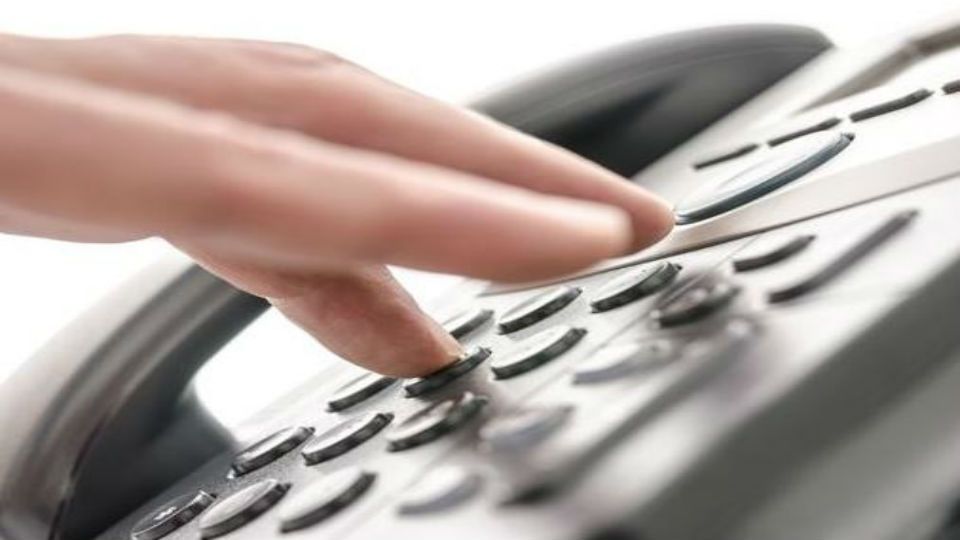WINTER SPRINGS, Fla. — Carolyn Peterson, who has been dutifully paying her power bill on time for 43 years, knew something was wrong when the caller said she was three months' past due.
- Scammers trying rip off victims with scare tactics
- Duke Energy boosted scam-prevention effects
- Users should call law enforcement if they suspect scams
She needed to pay $275 immediately or her electricity would be cut off. The workers were already in her neighborhood and ready to cut her power, they told her.
Peterson checked with her adult daughter. “She said, ‘That’s a scam,’ ” Peterson said. She was right.
Scammers are a nonstop problem in the U.S. They are clever, tech-savvy, and quickly tweak their tactics to match whatever hot topics are gripping the nation.
They scare and confuse victims, especially vulnerable seniors, in hopes of getting cash or valuable personal information.
Scams involving coronavirus, small-business loans, purported kidnappings, illnesses, and arrests of loved ones are common.
They also targeted stimulus checks.
Companies have responded to a surge in "phishing" attacks amid the COVID-19 pandemic.
People who suspect they are being targeted by scams should call their local law enforcement agency. They can also call their power companies.
On Thursday, Florida Attorney General Ashley Moody announced an effort with other top law enforcers from other states, the Federal Trade Commission, and telecom firms to coordinate and trace illegal robocalls to their source.
“Traceback investigations are more urgent than ever because of coronavirus-related robocall scams,” Moody’s office said in a statement, “including scams related to coronavirus relief checks, pitches for coronavirus test kits, health plans offering coronavirus testing…”
Coronavirus scams have been keeping state and federal officials busy.
The FTC “has received reports of scam text-message campaigns and robocalls offering free home-testing kits, promoting bogus cures, selling health insurance, and preying on virus-related fears,” the agency said.
On Thursday, the FTC announced it sent letters warning 35 more marketers to stop making unsubstantiated claims that consumers can purchase products and therapies to create or prevent COVID-19.
It marks the sixth wave of warning letters. In all, the FTC has sent similar letters to more than 160 companies and individuals.
In Winter Springs, where 75-year-old Peterson lives, scammers tried to pull off a sophisticated variation of a scheme that’s been around for years: scammers posing as power company employees who threaten to shut off service for past-due accounts without immediate payments.
Duke Energy, which provides Peterson’s electricity, in November announced it was expanding a campaign to protect its 8 million customers from utility-impostor scammers.
“More than 37,500 Duke Energy customers have reported scam attempts since the company began tracking reports in June 2015,” a company statement said. “A small fraction of those customers — about 6 to 7 percent — fell victim to the scams, losing a total of nearly $2 million.”
In Peterson's case, the caller was professional, provided an identification number, and said he was working with a “billing emergency” program set up in response to COVID-19, she said.
She was told she couldn’t pay online or over the phone. The caller told Peterson she had to go to a Circle K or Walgreens and buy a MoneyPak card, which is like a prepaid debit card, and put $275 on it. Then she was instructed to go home, call back, and give the scammer the number linked to the MoneyPak card so the funds could be taken out.
After her daughter told her about the scam, she called them back.
“Oh my goodness,” she recalled the caller saying. “I was going to tell you not to bother.” They claimed there was a glitch. They found her actual account. It didn’t show anything past due after all, they said.
“It really is quite complicated,’’ Peterson said.



